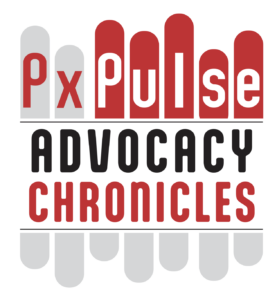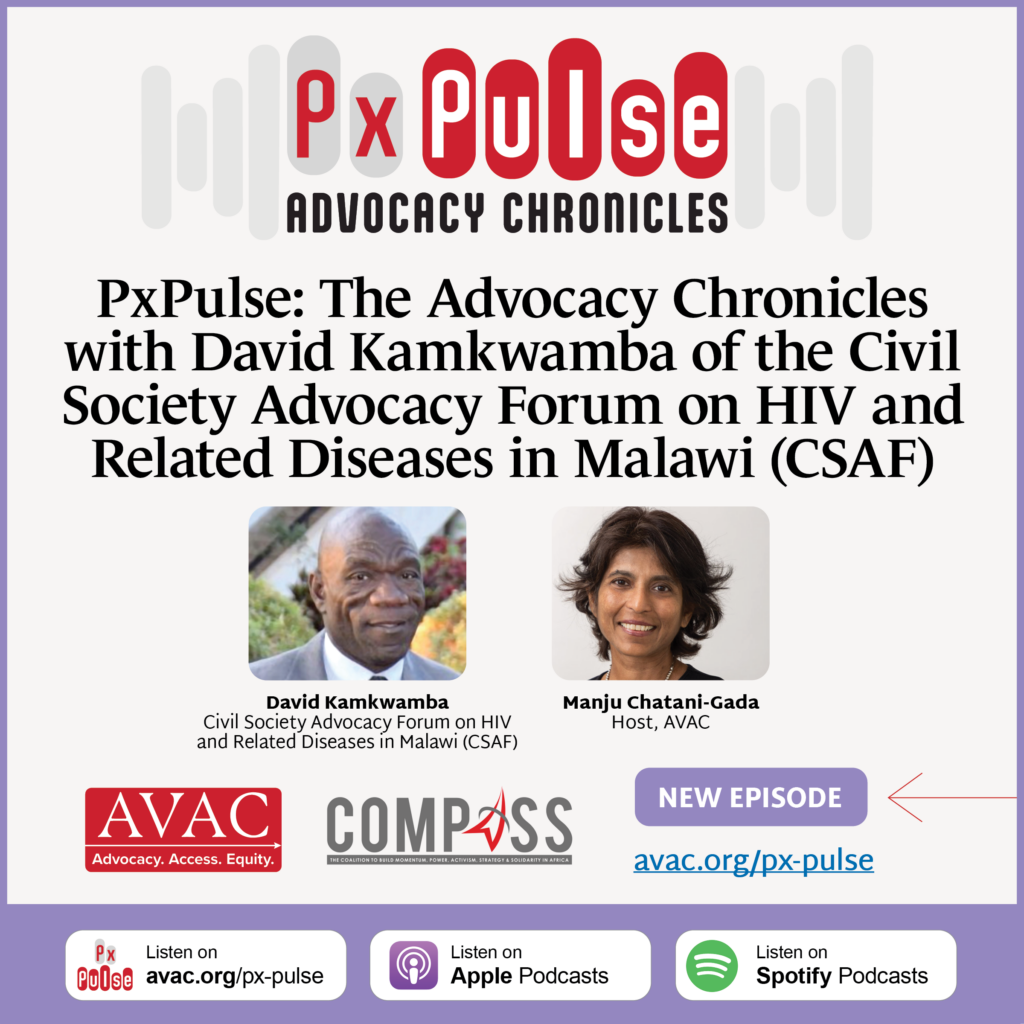The drug maker Merck has just announced their plans to start two new trials, known as the EXPrESSIVE program, testing a monthly pill for PrEP. A once-a-month PrEP pill holds great potential for the field. Even with daily pills, a monthly ring, or long acting injectables such as cabotegravir and recently FDA-approved lenacapavir, there’ll be people who can’t find what they really need for prevention.
For advocates who follow prevention, there’s a lot to know about these trials, and powerful lessons to learn about Good Participatory Practice (GPP) and impactful involvement of stakeholders—especially community—in research. GPP has been a cornerstone of the process of design and protocol development for the EXPrESSIVE trials, and it doesn’t stop there.
This episode features MSD Distinguished Scientist Rebeca Plank and AVAC’s Regional Manager for Research Engagement Grace Kumwenda. They explain why a monthly pill could be so important to HIV prevention and how GPP is shaping the design and rollout of the trials.
Watch or Listen
Resources
- Global Advocates Welcome the Launch of Merck’s EXPrESSIVE Program, Community Statement
- People’s Research Agenda: Community-Driven Priorities for HIV Prevention Research & Development, AVAC
- Good Participatory Practice (GPP) Guidelines, AVAC
- GPP Body of Evidence: Advocating for Good Participatory Practice (GPP) to become an international standard that makes clinical trials more equitable, just and actionable, AVAC
- Better Engagement, Better Evidence, Lancet
- Learn more about MK-8527 on PrEPWatch.org, AVAC


